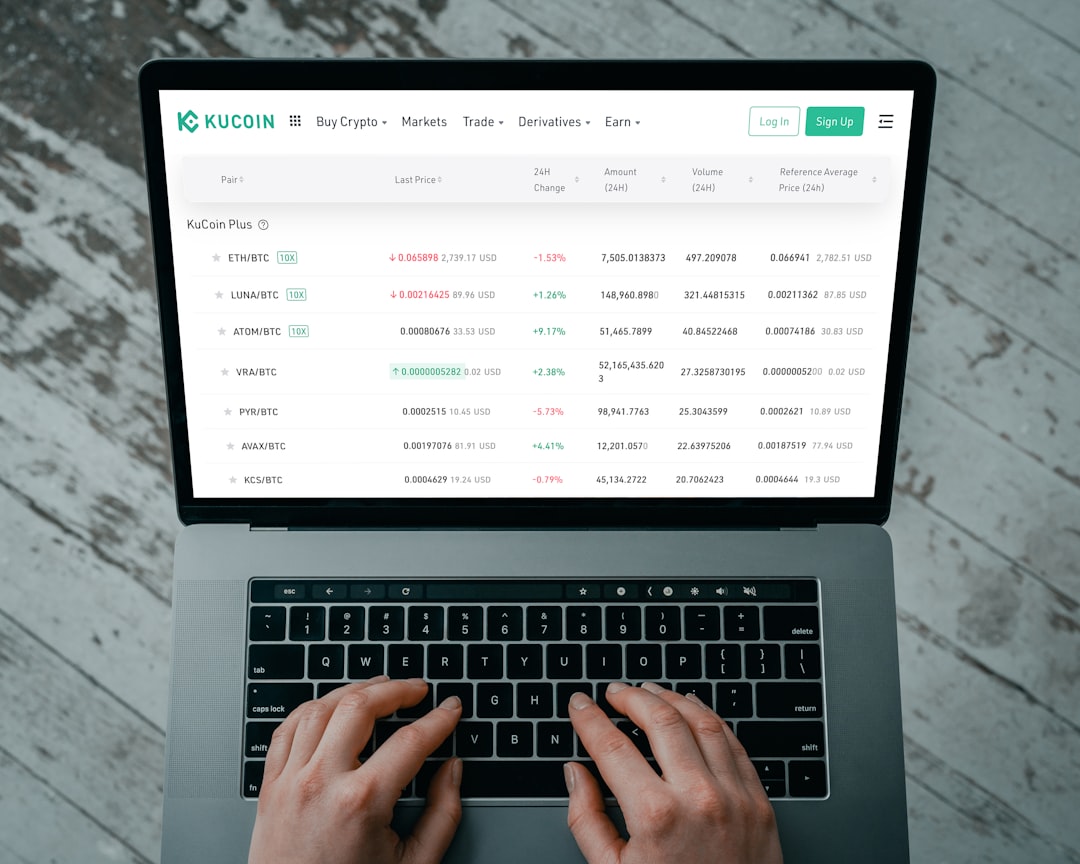The Pros and Cons of Fixed-Rate vs. Adjustable-Rate Mortgages
Understanding Fixed-Rate and Adjustable-Rate Mortgages
When it comes to commercial financing, the mortgage market offers a variety of options. Two of the most common types of mortgages are fixed-rate and adjustable-rate mortgages. Both have their advantages and disadvantages depending on the buyer's situation, financial stability, and long-term plans. This article will explore the pros and cons of fixed-rate vs. adjustable-rate mortgages to help you make an informed decision.

Fixed-Rate Mortgages
Pros of Fixed-Rate Mortgages
A fixed-rate mortgage is a home loan with an interest rate that remains the same throughout the life of the loan. This means your monthly mortgage payments will be predictable, making budgeting easier. Here are some advantages:
- Stability: Your monthly payments will stay the same, regardless of market conditions.
- Planning: You can budget for the long term because you know exactly what your mortgage payment will be.
- Protection: You're safeguarded against rising interest rates.
Cons of Fixed-Rate Mortgages
While fixed-rate mortgages offer stability, they also come with some drawbacks:
- Higher Initial Rates: Fixed-rate mortgages usually start with higher interest rates than adjustable-rate mortgages.
- Less Flexibility: If interest rates drop, you're stuck with your original rate unless you refinance your loan, which can be costly.

Adjustable-Rate Mortgages
Pros of Adjustable-Rate Mortgages
Adjustable-rate mortgages (ARMs) have interest rates that can change over time. They usually start with lower rates than fixed-rate mortgages. Here are some benefits:
- Lower Initial Rates: ARMs often have lower initial rates than fixed-rate mortgages.
- Rate Drops: If interest rates fall, your payments can go down as well.
Cons of Adjustable-Rate Mortgages
Despite the potential savings, adjustable-rate mortgages also have their risks:
- Uncertainty: Your payments can increase if interest rates rise.
- Budgeting Difficulty: Fluctuating payments can make budgeting more challenging.

Conclusion
Choosing between a fixed-rate and an adjustable-rate mortgage depends on your financial situation and your plans for the future. If you prefer stability and plan to hold on to your commercial property for a long time, a fixed-rate mortgage might be the best choice. If you're looking for lower initial payments and are willing to take on some risk, an adjustable-rate mortgage might be worth considering. Always consult with a financial advisor or a mortgage professional to help guide you in making the best decision.
